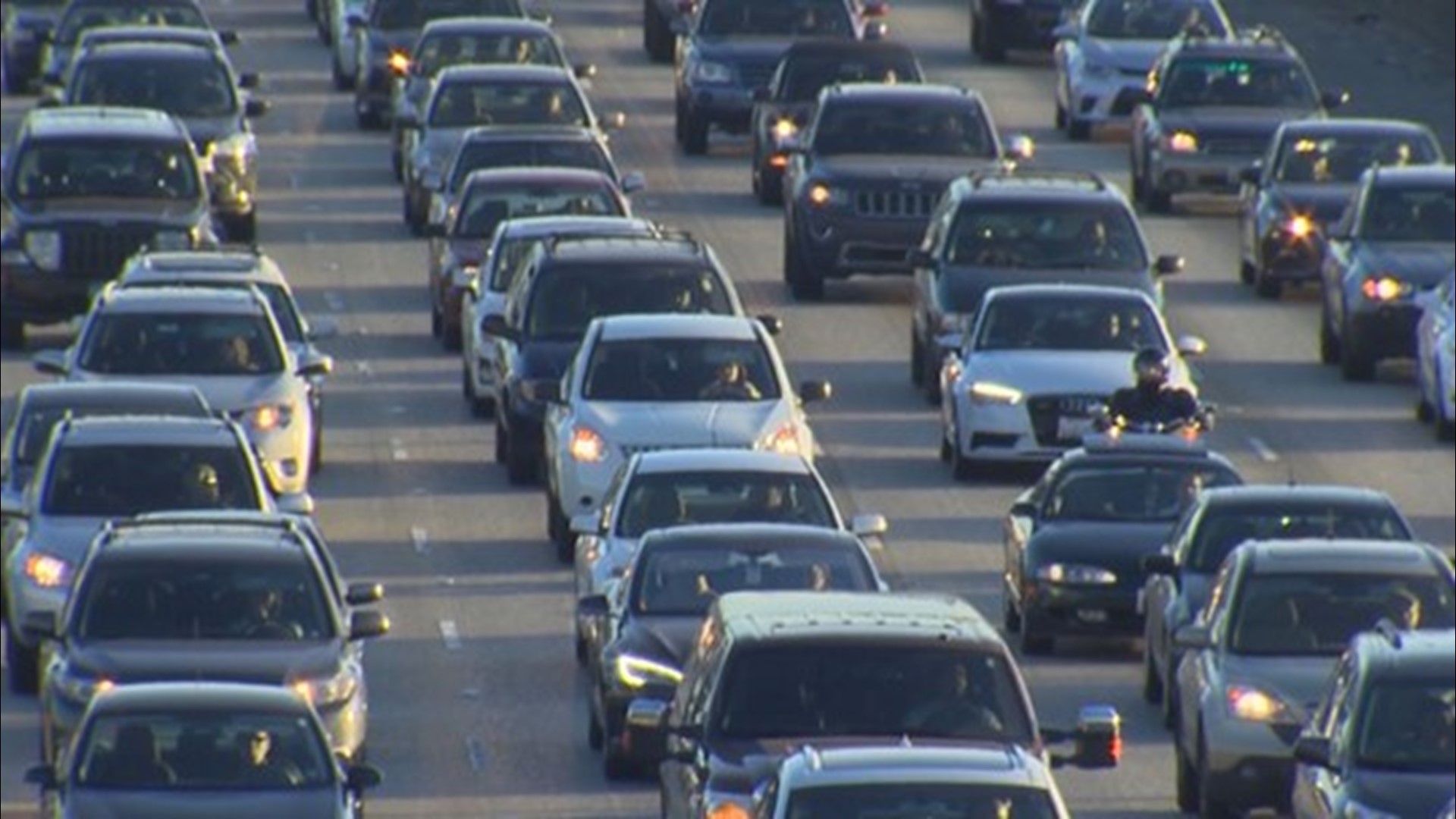SPOKANE, Wash. — Memorial Day may be considered the unofficial start to summer, but it also kicked off one the deadliest periods for teen drivers.
The days between Memorial Day and Labor Day is often referred to as the “100 deadliest days of summer” since schools are out and teenage drivers are on the road. But more inexperienced drivers with more free time can translate to an increase in teenage driver-related crashes.
Class is in session at Interface Driving Academy in Spokane. Once these students finish the program, they'll be ready to take on the world from the driver's seat.
It's something academy president Tim Gienapp says he's both excited and concerned about.
"When I was a teenager, I made some teenage decisions," Gienapp said. "I got lucky there by the grace of God. I know they're going to make some teenage decisions."
The students are also wrapping up the class right at the start of the 100 deadliest days of summer.
According to AAA, over 7,100 people across the country died in teenage driver-related crashes from 2011 to 2020 with nearly half of the total number of deaths during the summer months.
According to Sgt. Greg Riddell with the Washington State Patrol, the reason the numbers go up during this time of year is because more inexperienced drivers are on the roads with schools out for summer. He says young drivers are often distracted by phones or friends.
Speeding and underage drinking can also be factors.
Sgt. Riddell says teens can also get overwhelmed by stressful driving situations, and he's seen the consequences of it.
"Probably one of the hardest things I've ever done is to go to a house with a chaplain and tell a loved one, a parent that their child has left before them and that they've passed," Riddell said.
Sgt. Riddell advises drivers to put away the phone, pay attention to the road and buckle up seat belts.
He also says teens and parents should come up with a game plan so if a teen ends up drinking, they're not getting behind the wheel.
Gienapp says the academy also recommends parents to consider getting dash cams and possibly a black box-type of device so they know how their teen drives when they're not supervised.
"When they're in the car, they drive pretty conservatively when parents are in the car," Gienapp said. "But how do they drive when parents are not in the car?"
"These cars are meant to hold up to a lot of safety features, but if we push them over the limits, that's when people are going to get hurt," Sgt. Riddell said.
Riddell says he stresses the use of seatbelts, adding that in many of the fatal crashes they respond to, the victim was not wearing a seatbelt.

